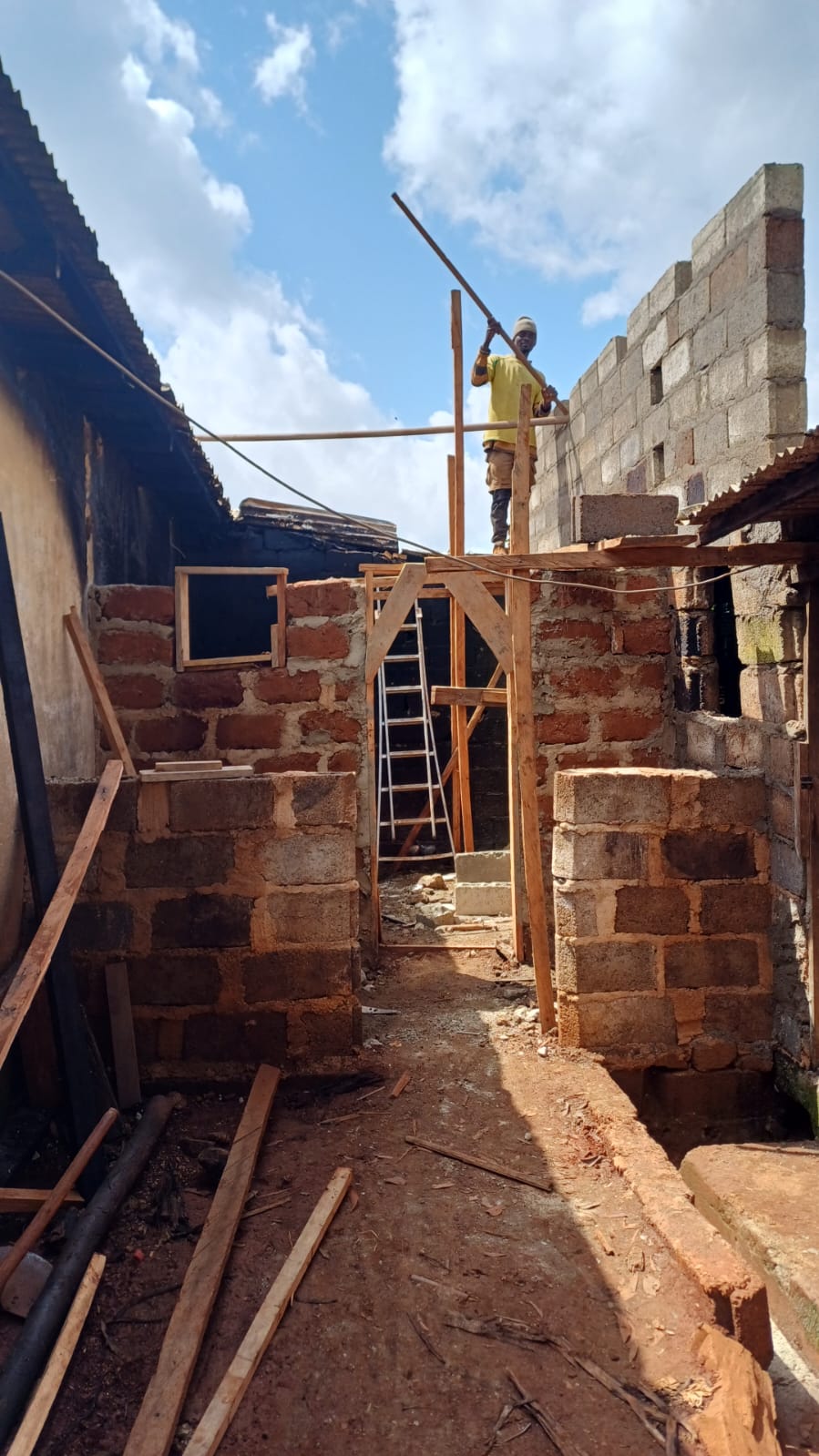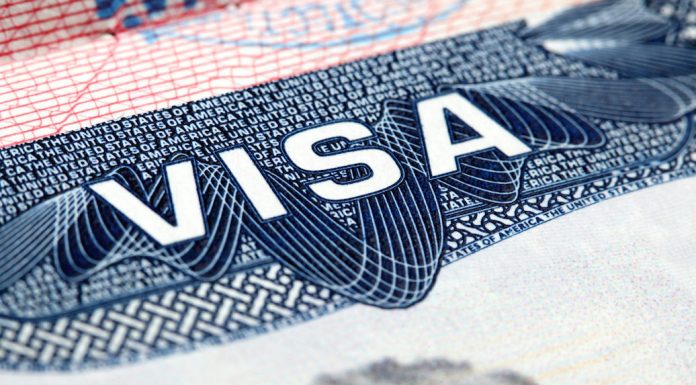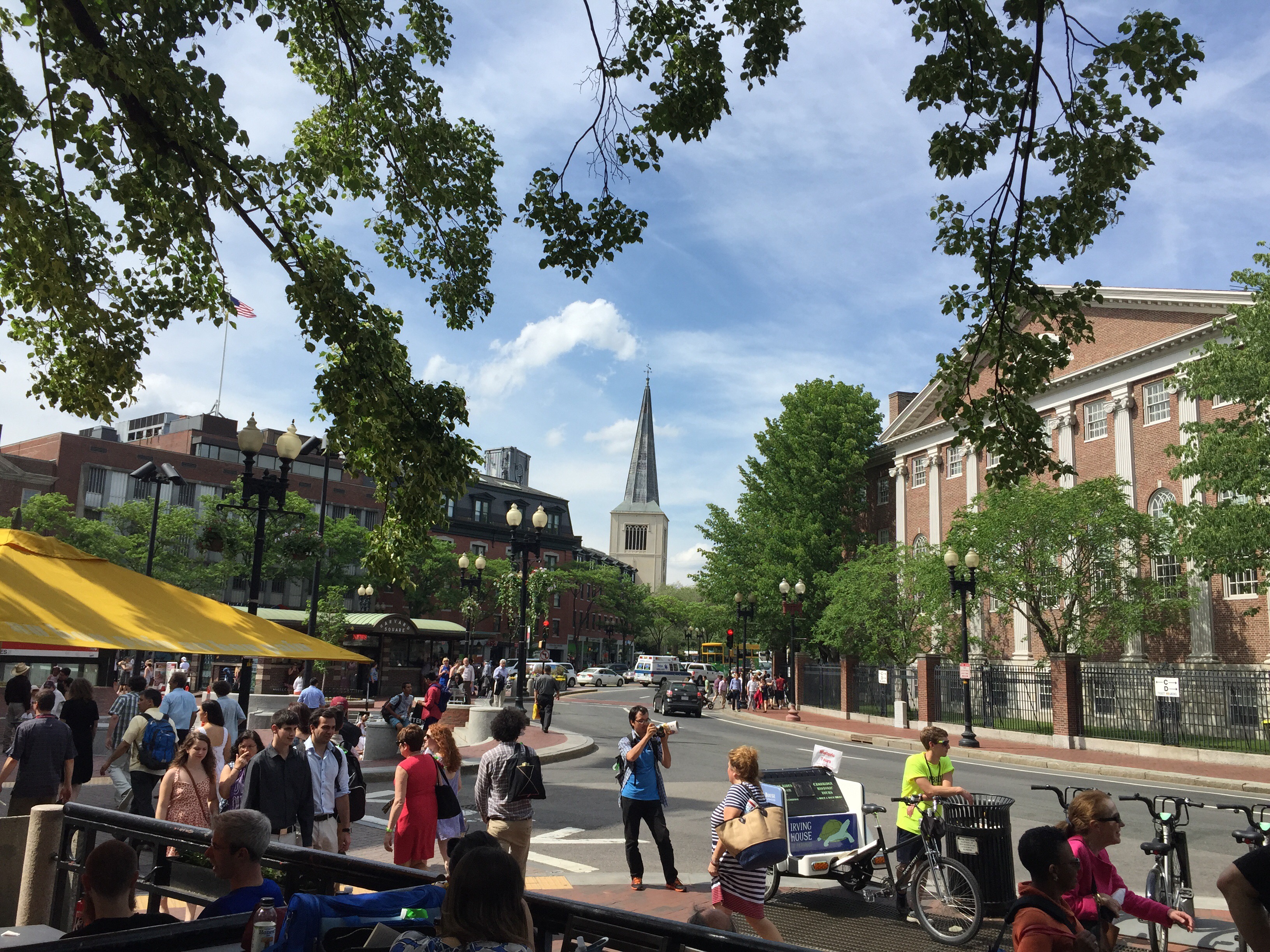Retrouvez l’article complet, la source originale de cette publication ici.
Cameroon Through New Eyes | 4. A Nation at Uneasy Peace: War, Fear, and Fragmentation
Our next flight was right on schedule. On the plane, we took the opportunity to get some badly needed sleep since the airplane wasn’t too crowded, bracing ourselves for the adventure ahead. The flight went smoothly, and we landed in Cameroon pretty much on time.
If you are flying into Douala, your first impression of Cameroon might not be the most flattering—thanks to the burning heat and heavy humidity that hit you as soon as you step off the plane. You are swept into a vortex of heat that will only ease up when you catch your flight back home. You can be sure that they will hit you like a wall the moment you step off the plane, wrapping around you with suffocating intensity. Within seconds, the excitement of finally arriving will melt away, replaced by the sticky discomfort clinging to your skin. All you will think about will be to escape the heat and humidity.
This is the reality for nearly everyone arriving in Douala, the country’s business capital. It doesn’t matter if you were born here or visiting for the first time — the oppressive heat doesn’t discriminate. For most, this is the first impression of Cameroon. And as you stand in line, sweating and tired, you can’t help but wonder: how is there still no air conditioning in this international airport? Amazingly, it’s been this way since the airport first opened in 1981 — and nothing has changed.
Strikingly, Douala Airport hasn’t changed in over 40 years — it feels like time froze decades ago, except for the noticeable deterioration of the infrastructure. Douala airport looks almost exactly as it did when I was a child traveling with my parents. Seriously, when is that airport going to get full air conditioning? I even joked with my sister about the lack of free Wi-Fi—when we were there two years ago, it was still non-existent at that time. So, we were pleasantly surprised to find that this time, we actually had free internet access. Indeed, it can be stressful to arrive in a new country and have no way to contact the people who are supposed to pick you up — especially when you don’t have mobile network access and there is no easy way to get local currency to charge your phone.
Making your way through customs, collecting your luggage, and going through superfluous steps like having your bags scanned after clearing customs, finding your way out of the airport, and then searching for a taxi or your family — can all be quite an ordeal. It often feels like everyone is offering help, yet somehow making things more complicated, which can be utterly overwhelming. You will manage to get through it, but let’s be honest, it’s a real hassle. Particularly because at the same time, the humidity and new strong odors (including body ones) can be quite off-putting, and by the time you finally settle into a car that takes you to your final destination for the day, you are completely worn out.
Down by the Equator, night descends in a flash—almost like someone flicking a switch. By 6:30pm, the darkness settles in, and this routine plays out day after day. So, when you are traveling through the streets of Douala at night, the darkness is almost complete—there is barely any street lighting—and what really stands out are the bars, locally known as “vente à emporter” in Cameroon—decked out with vibrant lights. In a city like Douala, they shine as brightly as the dazzling displays of Las Vegas, minus the sophistication of course. There is an abundance of them, all cranking out music at ear-splitting volumes. This was the second thing, right after the heat and humidity, that really made an impression on me. I had one of those lively bars right near my accommodation, and by the end of my trip, after not being able to properly sleep at night because of the extremely loud music, I had found myself humming along to some of the popular tunes that it played late at night. This brings us to the first type of pollution so common there: exposure to extremely loud music, which can adversely affect hearing. The question arises: why are individuals so complacent in the face of such pollution? Although many aren’t completely used to it, there is often a sense of hesitation or fear about asking bartenders to turn down the volume. Besides, there are no regulations in place—and even if there were, no one would likely enforce or follow them.
By sunrise, which, like sunset, always occurs at the same time down by the Equator, you are greeted by the cheerful crowing of roosters. But the first thing that hits you again and again is the heat and humidity—a real energy zapper to kick off the day. I have never really gotten used to the baking heat in Douala, and honestly, I doubt I ever will.
Cameroon Through New Eyes | 6. Power, Water, and the Art of Enduring





